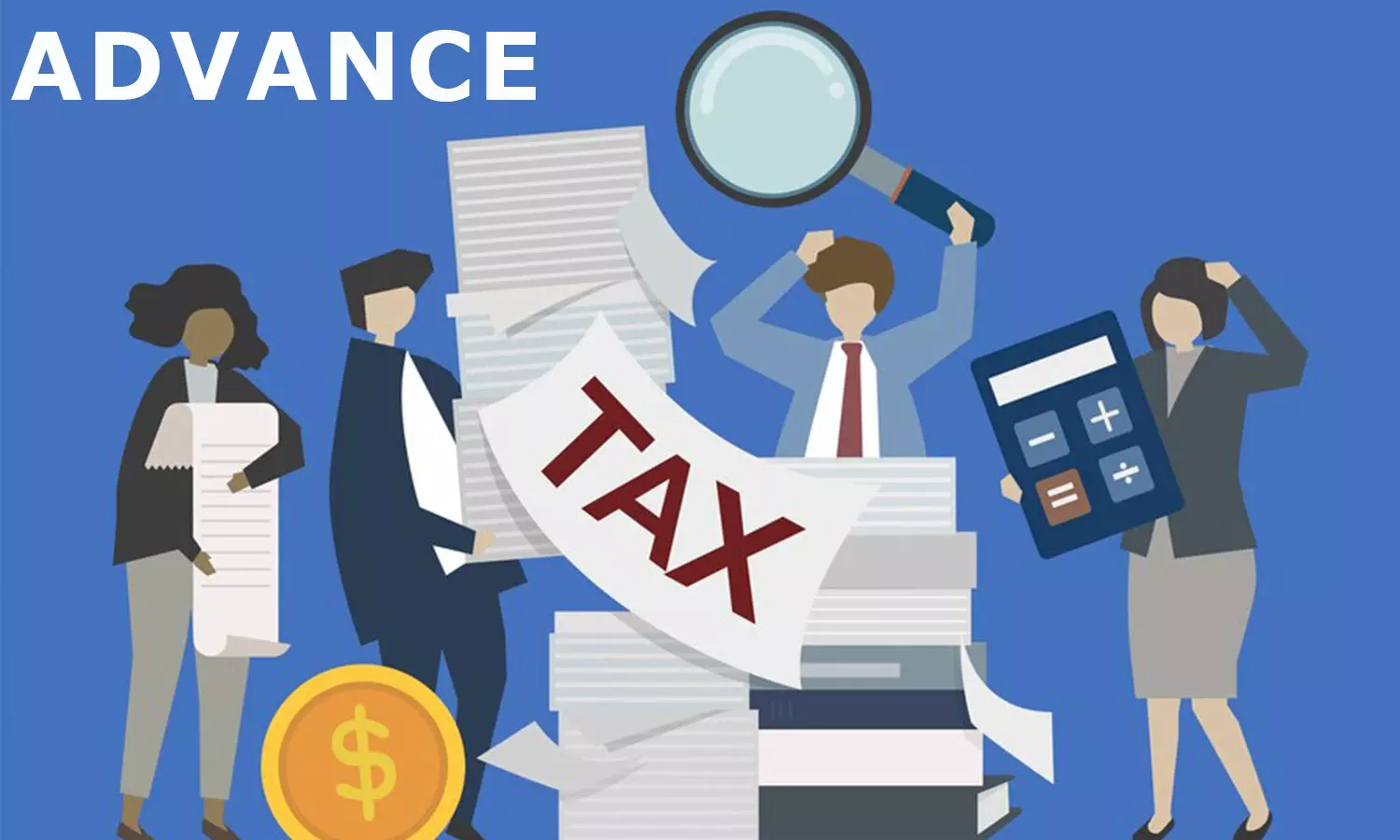Understanding Advance Tax: The Essential W's and H
Dive into the fundamentals of advance tax, including eligibility, calculation, payment timelines, and benefits, for a comprehensive understanding.
image for illustrative purpose

Advance Tax, often referred to as 'pay-as-you-earn' tax, is a vital component of the Indian tax system and aimed at ensuring timely collection of taxes and promoting financial discipline among taxpayers. Understanding its nuances is crucial for both individuals and businesses to avoid penalties and comply with tax laws. By estimating income accurately, paying taxes on time, and staying informed about tax regulations, taxpayers can navigate the Advance Tax regime effectively while contributing to the nation's development.
This guide aims to illustrate the process for first-time taxpayers and those who typically rely on their chartered accountants (CAs) to handle their financial obligations. Let's delve into the essentials of Advance Tax in India, covering the Who, What, When, and How.
What is an Advance Tax?
As the name suggests, advance tax is the tax paid in advance for the income earned in a specific financial year in four installments, rather than as a lump sum at the year's end. Taxpayers are required to estimate their earnings and make provisions for the payment of advance tax accordingly.
Who needs to pay the Advance Tax?
According to the Income-tax Act 1961, every taxpayer whose tax liability, after subtracting TDS (Tax Deducted at Source), exceeds Rs. 10,000 for the financial year is bound to pay advance tax. Senior citizens without income from business or profession are exempt from advance tax. Additionally, taxpayers who have opted for a presumptive taxation scheme under section 44AD or 44ADA must pay the entire income tax amount in one installment by March 15 of the financial year.
Tax experts note that salaried individuals, while not exempt from advance tax, often do not need to make such payments as their employers deduct tax at source (TDS) from their income. However, individuals with significant income from other sources such as rental payments, capital gains, or dividends are liable for advance tax payment
When is the Advance Tax to be paid?
The advance tax is scheduled to be paid on the below-specified dates to avoid any penalties.
If the taxpayer fails to make the payment before the deadline, penalties are imposed under sections 234B and 234C of the Income Tax Act. Section 234B levies penal interest if the taxpayer fails to pay advance tax or pays less than 90% of the assessed tax. Section 234C imposes a penal interest rate of 1% per month for three months for deferred payment of advance tax.
How is the Advance Tax calculated?
Calculating the advance tax using the steps below is extremely simple.
Estimate the total income earned from various sources, such as interest from FDs and savings accounts, house rent, capital gains, etc.
Add the income to the salary amount to determine the tax slab.
Subtract all expenses from the estimated income.
Determine the tax payable based on the income tax slab, then subtract any TDS that has already been deducted or is yet to be deducted. The remaining balance represents the advance tax owed.
How to pay the Advance Tax?
Similar to regular tax payments, advance tax can also be paid using challans, which numerous banks offer the facility for. Additionally, you can conveniently pay advance tax online from the comfort of your home. Here are the steps to assist you in making advance tax payments online.
Begin by visiting the ‘e-Pay Tax’ section on the income tax portal.
Input the PAN/TAN and mobile number, then proceed with verification.
Proceed to the income tax tab and select the assessment year and payment type.
Enter the tax payment details and select the payment method.
Proceed with the payment.
After successful payment, please download the challan to complete the returns filing process.
How does the payment of Advance Tax benefit the taxpayer and the government?
Paying Advance Tax benefits both the taxpayer and the government. For taxpayers, it reduces the burden of paying a large sum of tax all at once during the financial year and mitigates the risk of penalties for missed tax payments. From the government's perspective, Advance Tax ensures a steady flow of funds throughout the year and may generate interest income.
The deadline for the fourth and final installment of Advance Tax is March 15, 2024, for income estimated for the fiscal year 2023-24.
Understanding Advance Tax is imperative for every taxpayer in India, regardless of their income source or business structure. By complying with Advance Tax requirements, individuals and businesses can contribute to the nation's economic growth while ensuring financial discipline and avoiding legal repercussions. Stay informed, plan your finances wisely, and fulfill your tax obligations to navigate the Advance Tax system effectively.

